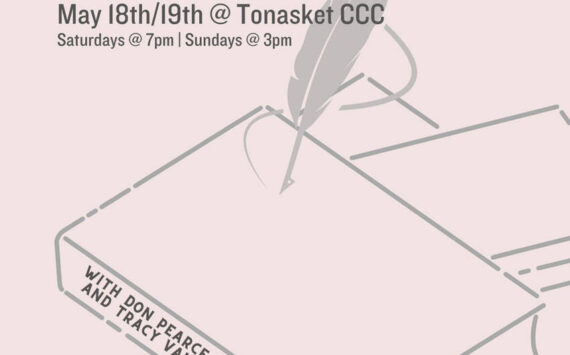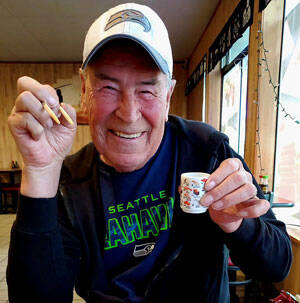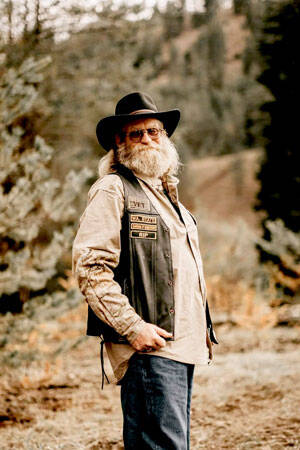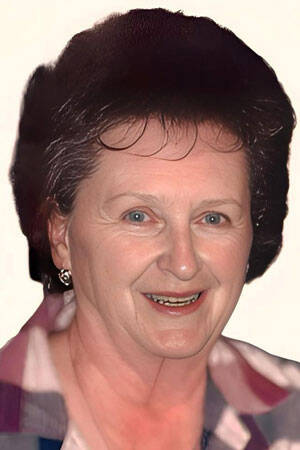Dear Editor,
I have been asked to give a definition of the word Okanogan, and decided to let everyone know because it is a word you hear every day and have never understood.
Though there is no real consensus as to the definition of the word Okanogan there is a definite way to explain the word to you. The People who speak Nsylixcn (Okanogan) lived from Wenatchee to Vernon, from Revelstoke to the Kettle River and from the Cascade Mountains to the Kettle Falls. This is Indian Country to me, and a couple of ways to define “Okanagan”.
The Okanagan People have “creation stories” and through the centuries a few have remained. The end of one of the stories the girl tells the boy to look (to see) from here, (the top) you can see where we will begin our lives and that was our beginning. I have used this to try to explain the word. I have been asked for a better definition.
The following is from Dr. Jeannette Armstrong, Director of the Enowkin Center and Theytus Books, located on the Penticton Indian Reserve. Dr. Armstrong is an authority on the Okanagan Indian People and is a fluent speaker and teacher of our language. She wrote to me:
“There is no consensus for the word Okanagan. Some, including Morning Dove, have said that it could be derived from “ukna?quin” which has the root “ukn” (I bring) and the suffix “qin” which refers to the top of something (mountain or a person’s head) and which therefore would refer to bringing something to a mountain top. She also mentioned that people said it could also be derived from “wakna?quin” in which case the “wak” (root word for to see) from “wik” (place to see the head/mountains). Or (place to see the head) which she and others have suggested refers to the prominent bluffs which look like human heads in profile (McIntyre Bluff and Giants Head) in this valley. I have heard the first definition more often from my elders. That our People were central to trade over the mountains to the east and the west and they were “packers” sux w a?uk wm of goods over the mountains so the place this valley was called “sukwna?qin”.
I hope this makes it clear that to define a single word of the Nsyilxcn (Okanagan language) is not as easy as one of the English or European words in use today.
I wish to thank Dr. Armstrong for her kind assistance and I hope this will help you understand another word, something you hear every day.
Arnie Marchand, an Okanagan Indian
Member of the Colville Tribes






